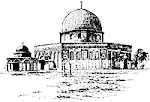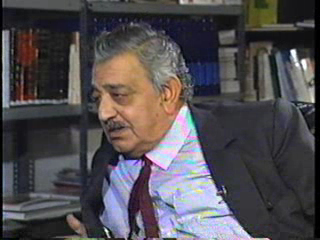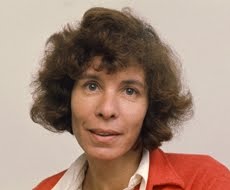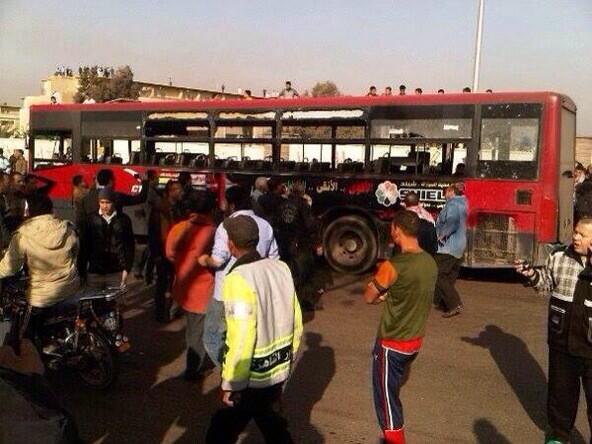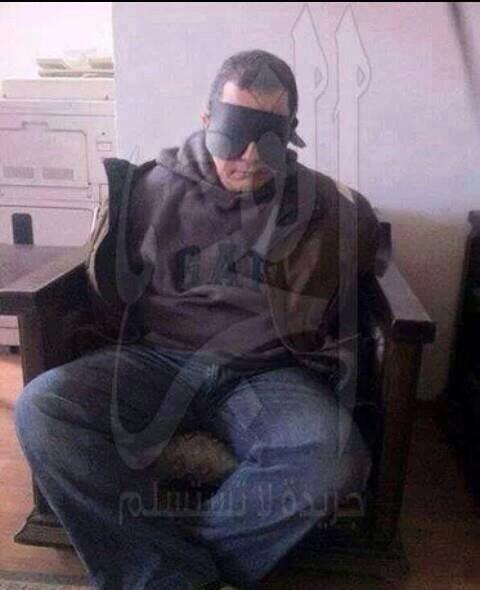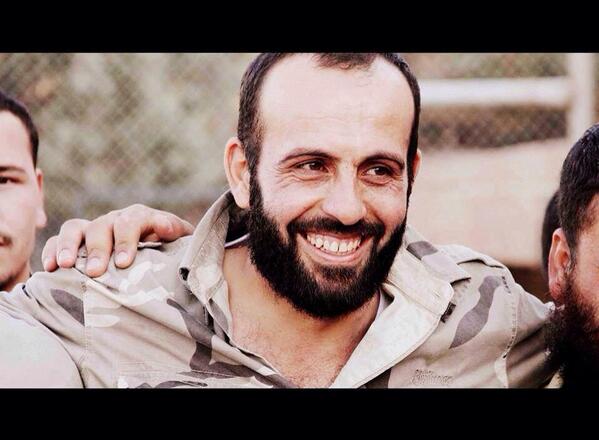South Sudan’s army has lost control over the 4
th Division
in the oil-producing Unity State in the north after the commander of the force
defected and declared himself military governor of the state. Mutineers
clashed with troops loyal to President Kiir inside the barracks of the
SPLA 4
thDivision in Bentiu since about 7:00 p.m. Friday,
Radio Tamazuj has learned. Heavy fighting over four hours resulted in
the retreat of the loyal forces from the barracks, according to a source
in the city who
requested anonymity.
Commander James Koang of the 4
th Division announced
subsequently over state-run Bentiu Radio that the state was now under
his control and that he was no longer taking orders from Juba.
He did not mention any association to former vice president Riek
Machar, the most prominent political opponent of the government still at
large. But according to a BBC reporter who spoke over the phone to the
ex-VP today, Machar is claiming Koang’s allegiance.
The defected commander also declared that all ministers and
commissioners were dismissed, and named no replacements. He said lower
level officials could continue working.
According to a security source north of the state capital, the acting governor and deputy governor fled from the city.
The northern county of Pariang also witnessed clashes last night,
Friday, from about 5 p.m. to 11 p.m. but remains under the control of
the government.
At least 10 people were killed including five from the government
side and five from the other side. Many people are also reported wounded
or missing.
